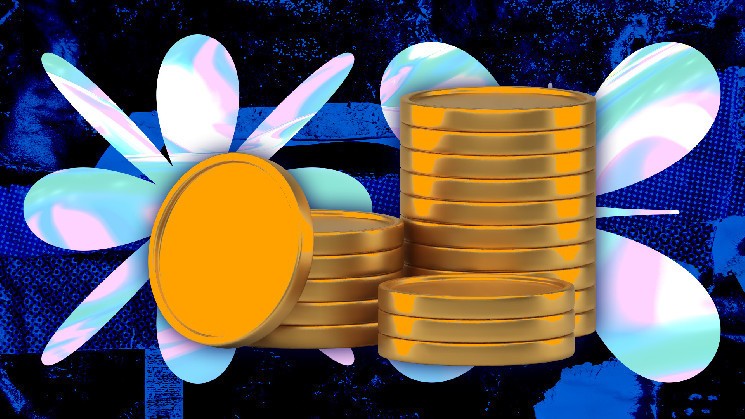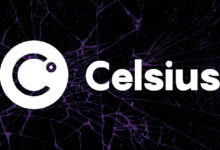PieDAO proposes token buyback after ending liquidity mining program

DeFi yield platform PieDAO has filed a proposal to its community for a phased buyback of its tokens, after ending the protocol’s liquidity mining program in October. The goal is to prevent a further price decline — although the token is already down 98%.
PieDAO’s liquidity mining program incentivized those providing liquidity on the platform with tokens. Some of these tokens were liquid while the majority were subject to a one-year vesting schedule.
Liquidity mining programs were popular in the initial iteration of the DeFi space because they provided a means for protocols to bootstrap liquidity — yet they can be damaging to the token’s price.
Token emissions used to reward liquidity providers increase the number of the protocol’s tokens in circulation, hence why they often lead to a decline in price over time. In PieDAO’s case, the DOUGH price declined 98% during its liquidity mining program — from $2.14 at the start to $0.04 when it shut down the program.
Now that PieDAO has ended its liquidity renting program, the team says it’s necessary to strike a deal with liquidity providers who want to sell their tokens. As such, the proposal is calling for the community to approve a plan for the protocol to use its treasury to buy back these tokens. These purchases will be done in the form of over-the-counter trades.
For the PieDAO team, the buyback is necessary to prevent any adverse impact on the DOUGH price from any forced selling by liquidity providers. The proposal also stated that a buyback could allow liquidity providers to unwind their positions without incurring heavy price slippage — a situation where the price at which a trade is executed is significantly lower than the expected price.
PieDAO’s token buyback plan
As part of the proposed plan, the PieDAO team has come up with two routes for the buyback program. These routes outline the procedure for the treasury to acquire DOUGH and eDOUGH from liquidity providers and other sellers. For the DOUGH buyback, the proposal called for a phased approach, with nine epochs lasting two weeks each. These nine epochs will have their own discount price that will increase over the period. This discount will be based on a 30-day price average calculated one day before the start of each phase.
For the vested eDOUGH, the plan called for a fixed buyback price rather than a spot price-dependent discount. This route was chosen since the vested tokens are illiquid and, as such, have no price until their vesting schedule is over.
PieDAO plans to put the motion to a snapshot vote after gauging the initial community reaction. The project team will prepare a draft budget for the buyback. The proposal states that unused funds from one epoch will be rolled over to other epochs.






 Bitcoin
Bitcoin  Ethereum
Ethereum  Tether
Tether  USDC
USDC  TRON
TRON  Dogecoin
Dogecoin  Cardano
Cardano  Monero
Monero  Bitcoin Cash
Bitcoin Cash  Chainlink
Chainlink  LEO Token
LEO Token  Stellar
Stellar  Zcash
Zcash  Litecoin
Litecoin  Hedera
Hedera  Dai
Dai  Cronos
Cronos  OKB
OKB  Tether Gold
Tether Gold  Ethereum Classic
Ethereum Classic  KuCoin
KuCoin  Cosmos Hub
Cosmos Hub  Gate
Gate  Dash
Dash  Algorand
Algorand  VeChain
VeChain  Stacks
Stacks  Tezos
Tezos  TrueUSD
TrueUSD  Decred
Decred  IOTA
IOTA  Theta Network
Theta Network  Basic Attention
Basic Attention  NEO
NEO  Synthetix
Synthetix  Qtum
Qtum  0x Protocol
0x Protocol  Ravencoin
Ravencoin  DigiByte
DigiByte  Zilliqa
Zilliqa  Nano
Nano  Siacoin
Siacoin  Numeraire
Numeraire  Waves
Waves  Ontology
Ontology  Status
Status  Enjin Coin
Enjin Coin  BUSD
BUSD  Hive
Hive  Pax Dollar
Pax Dollar  Lisk
Lisk  Steem
Steem  Huobi
Huobi  OMG Network
OMG Network  Bitcoin Gold
Bitcoin Gold  NEM
NEM  Augur
Augur